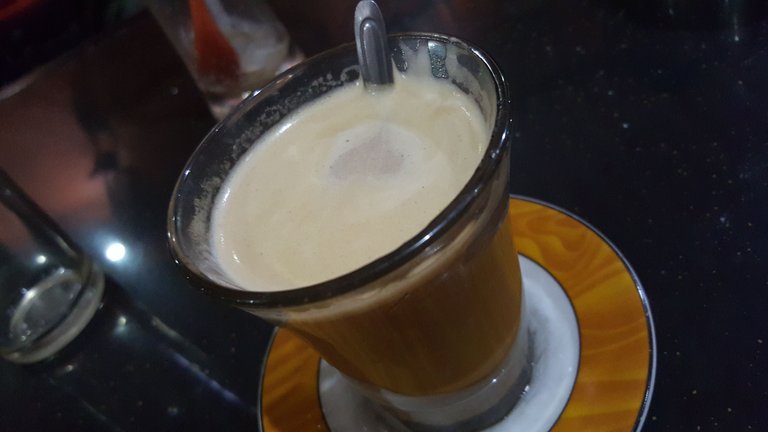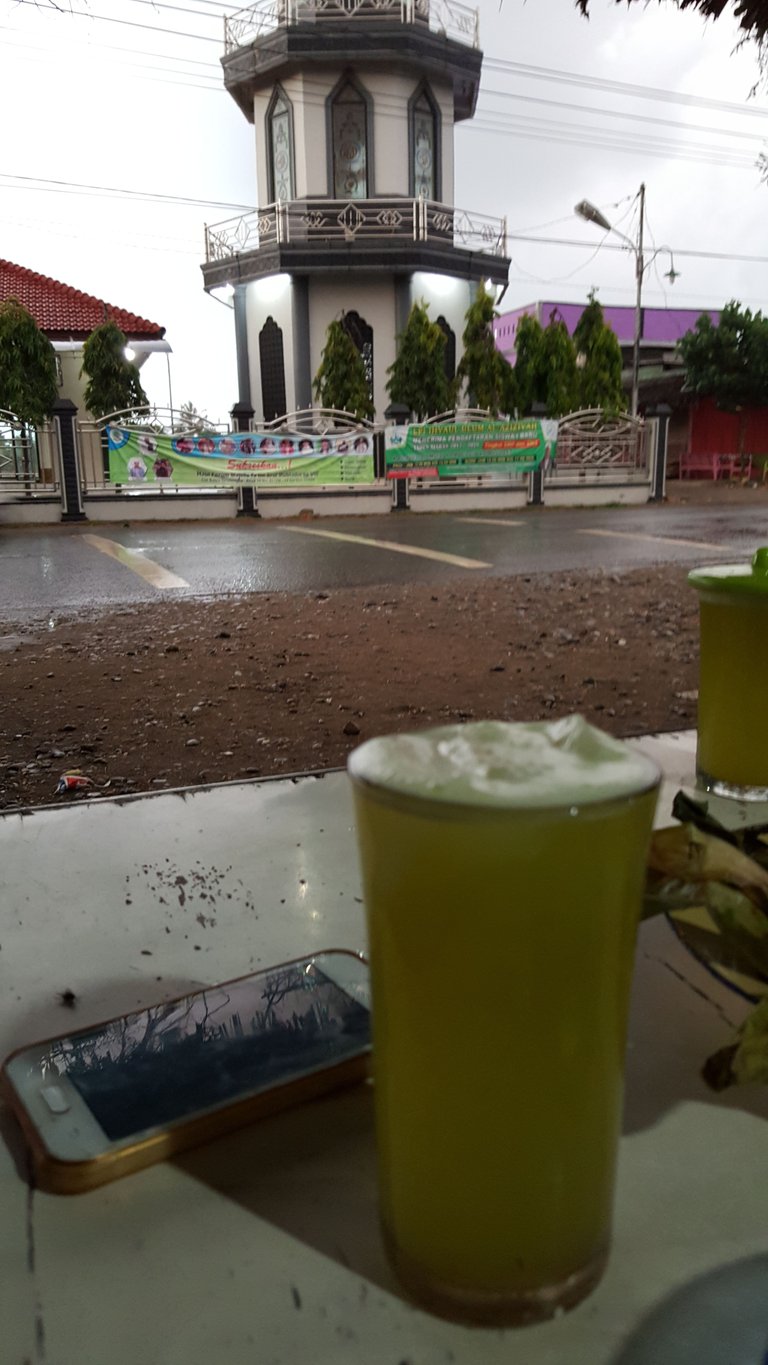
According to Dr. Alyya Siddiqa, SpFK, clinical pharmacology specialist and lecturer at the Faculty of Medicine and Health Sciences UIN Syarif Hidayatullah, Jakarta, caffeine contained in coffee can interact with several types of drugs. Because it stimulates the brain and heart, the drugs that affect both organs will interact with caffeine. For example ephedrine and phenylpropanolamine (contained in flu drugs or drugs to cope with symptoms of nasal congestion) that have the effect of improving the work of the heart. Or caffeine-containing asthma drugs, antidepressants and antipsychotics, quinolone antibiotics, and birth control pills.

When we drink one of these drugs followed by sipping coffee, then the caffeine content becomes too high in the blood. This is clearly not beneficial for the heart. Just so you know, all drugs taken into the stomach to be destroyed, then to the small intestine and absorbed into the blood vessels. Many drugs are absorbed when consumed with food or drink. Although the usefulness is not lost, the drug becomes longer absorbed.
Drink medication preferably with water. It is not advisable to take medicine with coffee, tea, juice, milk, and soft drinks (soda). Give the distance 2-3 hours after taking the drug, just drinking coffee.